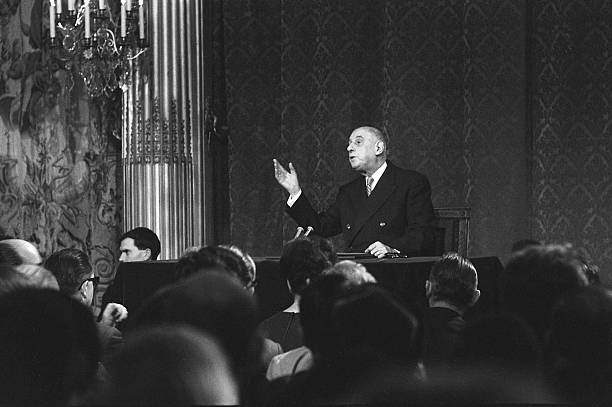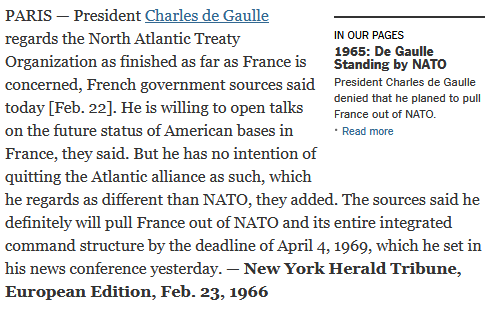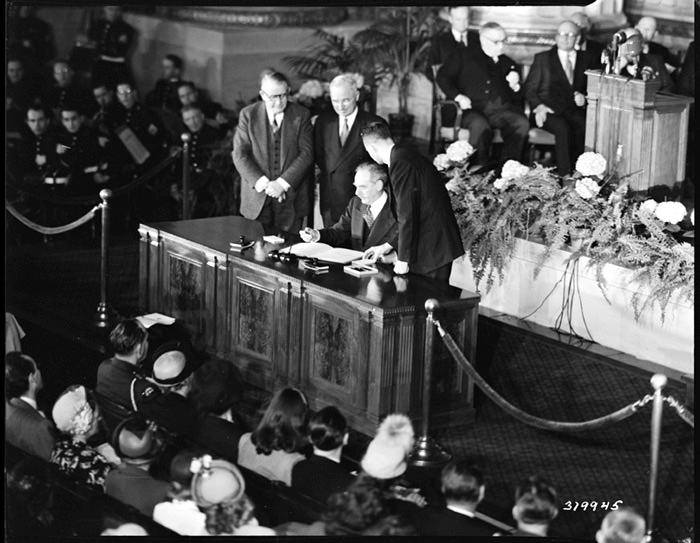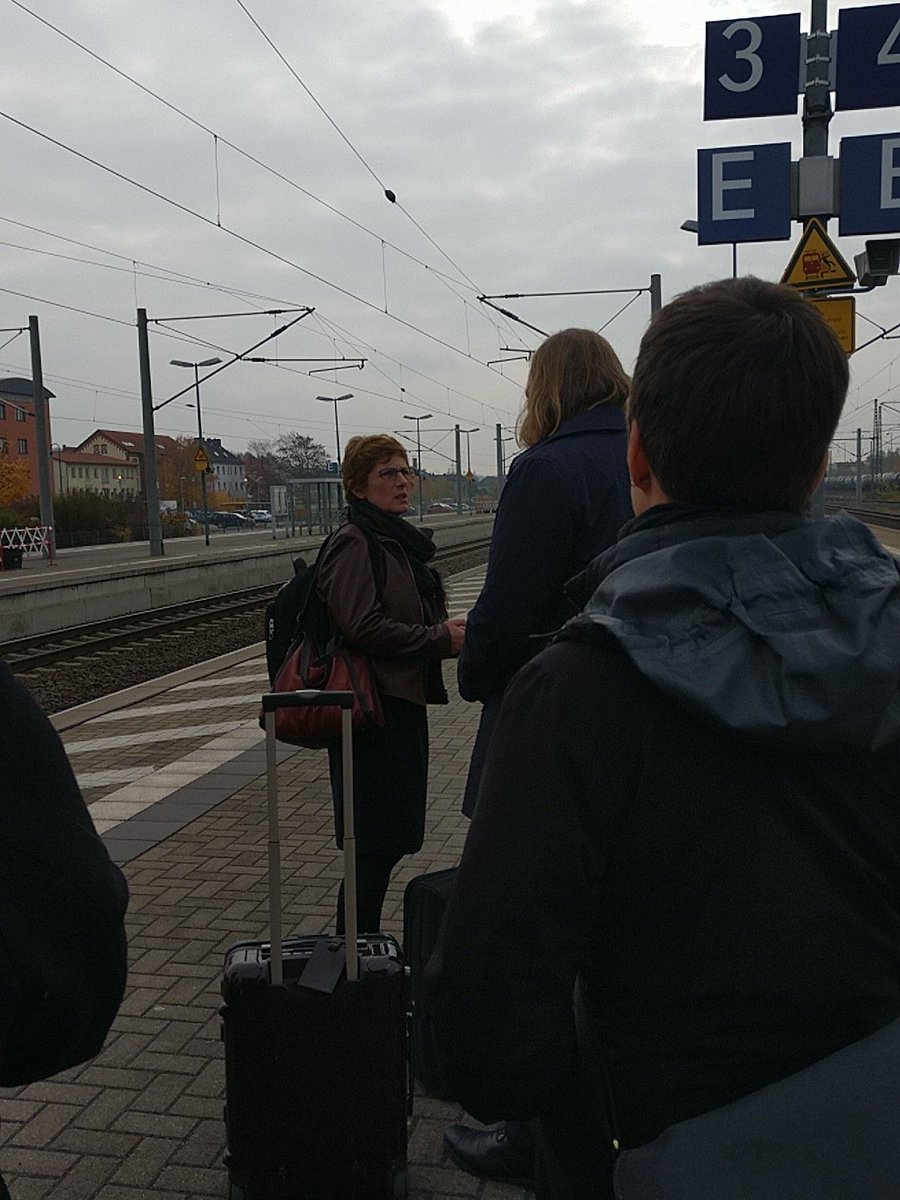Okay, that's too big of a question. How about: did NATO help Eastern European states achieve and maintain democracy?
That's a question I'm considering in a working paper. Summary thread👇
Counterfactual analysis has become popular lately when thinking about NATO. A good example is this recent paper by @KimberlyMarten
cambridge.org/core/journals/…
First, @dmgibler & Jamil Sewell in @JPR_journal say "Yes, NATO helped democracy" (by creating a peaceful environment).
journals.sagepub.com/doi/abs/10.117…
mitpressjournals.org/doi/abs/10.116…
press.uchicago.edu/ucp/books/book…
As it turns out, now is an ideal time to reevaluate these claims. We now have as many years of data since NATO entry for the Baltic states as had passed between independence and NATO entry (13 years).
v-dem.net/en/
But the "Liberal Democracy Index" is dramatically lower in the 19th century compared to today.
cambridge.org/core/journals/…
I follow several steps:
- Estonia: 0.38
- Latvia: 0.54
- Lithuania: 0.73
This is a pretty big range of values.
Hence, I view this randomly drawn number as a plausible "counterfactual" Index score for a Baltic state in 1992.
I then repeat these steps for each year (from 1991 to 2017). This generates DATA
Of course, we know that from the experience of Poland and Hungary (and Turkey before that).
brookings.edu/blog/order-fro…
(end)

















